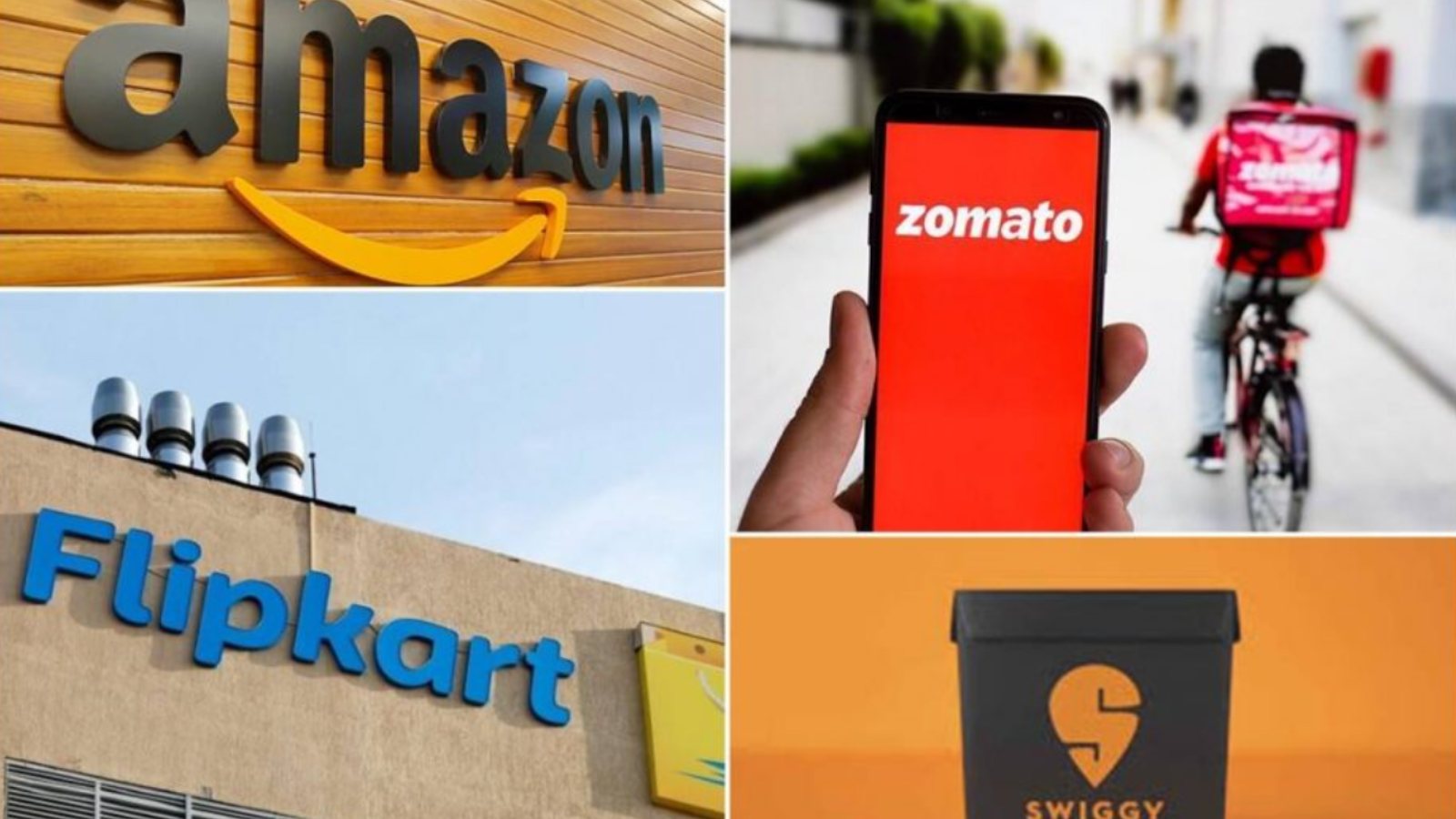Flipkart, Swiggy, MakeMyTrip Among Platforms Removing Dark Patterns Under New Guidelines
As India’s online shopping boom continues at record speed, worries around dark patterns in Indian e-commerce have also grown. To strengthen digital consumer protection, major platforms like Flipkart, Myntra, Swiggy, Zomato, Zepto, Meesho, BigBasket, MakeMyTrip and Ajio are among the 26 companies that have now officially declared themselves free of deceptive design tactics. These announcements follow government-mandated compliance checks aimed at curbing deceptive design practices online in India.
The companies have confirmed that their websites and apps no longer use misleading elements such as hidden charges, fake urgency notifications, confusing wording, forced user actions or complicated cancellation flows. This progress comes under the consumer protection guidelines 2023 India, which specifically target manipulative interfaces that nudge users into actions they did not intend to take.
According to the Ministry of Consumer Affairs, each of these e-commerce platforms has submitted a formal self-declaration to the Central Consumer Protection Authority (CCPA). The submissions confirm that they have completed internal or third-party audits to verify compliance. This aligns with the wider push for CCPA self-audit declarations as part of India’s evolving digital commerce regulations.
The ministry stated, “The proactive industry-wide compliance demonstrates a strong commitment towards consumer transparency, fair trade practices, and ethical digital ecosystems.”
It further added, “This voluntary alignment underscores the fact that consumer protection and business growth can go hand-in-hand, strengthening brand trust and long-term credibility.”
These statements highlight the government’s focus on eliminating deceptive design practices online in India while encouraging responsible growth.
Dark patterns are broadly defined as tricks embedded within digital interfaces that manipulate consumer behaviour—often pressuring them to make purchases, sign up for subscriptions, or share personal data without clear consent. The consumer protection guidelines 2023 India list 13 such banned practices, including basket sneaking, confirm shaming, drip pricing, and subscription traps.
A surge in consumer grievances and increasing dependency on digital shopping pushed the CCPA to release an advisory in June 2025. The advisory instructed all e-commerce platforms to carry out a self-audit within three months and publicly disclose their compliance. This directive marked a significant step toward stricter oversight of dark patterns in Indian e-commerce.
Even though 26 companies have made their declarations, authorities stress that oversight will continue. The CCPA has said it is monitoring platforms that have not yet submitted their audits and will take action against any company found violating the rules. This ongoing vigilance underscores the long-term commitment to preventing deceptive design practices online in India and maintaining consumer trust.

The companies have confirmed that their websites and apps no longer use misleading elements such as hidden charges, fake urgency notifications, confusing wording, forced user actions or complicated cancellation flows. This progress comes under the consumer protection guidelines 2023 India, which specifically target manipulative interfaces that nudge users into actions they did not intend to take.
According to the Ministry of Consumer Affairs, each of these e-commerce platforms has submitted a formal self-declaration to the Central Consumer Protection Authority (CCPA). The submissions confirm that they have completed internal or third-party audits to verify compliance. This aligns with the wider push for CCPA self-audit declarations as part of India’s evolving digital commerce regulations.
The ministry stated, “The proactive industry-wide compliance demonstrates a strong commitment towards consumer transparency, fair trade practices, and ethical digital ecosystems.”
It further added, “This voluntary alignment underscores the fact that consumer protection and business growth can go hand-in-hand, strengthening brand trust and long-term credibility.”
These statements highlight the government’s focus on eliminating deceptive design practices online in India while encouraging responsible growth.
Dark patterns are broadly defined as tricks embedded within digital interfaces that manipulate consumer behaviour—often pressuring them to make purchases, sign up for subscriptions, or share personal data without clear consent. The consumer protection guidelines 2023 India list 13 such banned practices, including basket sneaking, confirm shaming, drip pricing, and subscription traps.
A surge in consumer grievances and increasing dependency on digital shopping pushed the CCPA to release an advisory in June 2025. The advisory instructed all e-commerce platforms to carry out a self-audit within three months and publicly disclose their compliance. This directive marked a significant step toward stricter oversight of dark patterns in Indian e-commerce.
Even though 26 companies have made their declarations, authorities stress that oversight will continue. The CCPA has said it is monitoring platforms that have not yet submitted their audits and will take action against any company found violating the rules. This ongoing vigilance underscores the long-term commitment to preventing deceptive design practices online in India and maintaining consumer trust.
Next Story